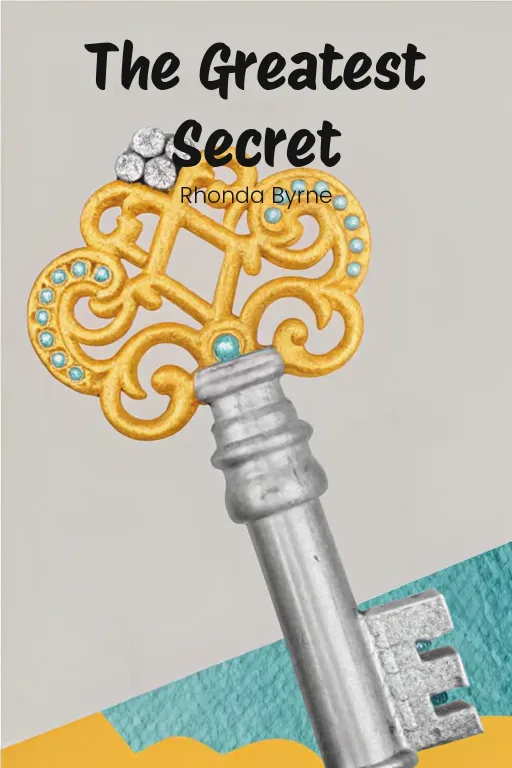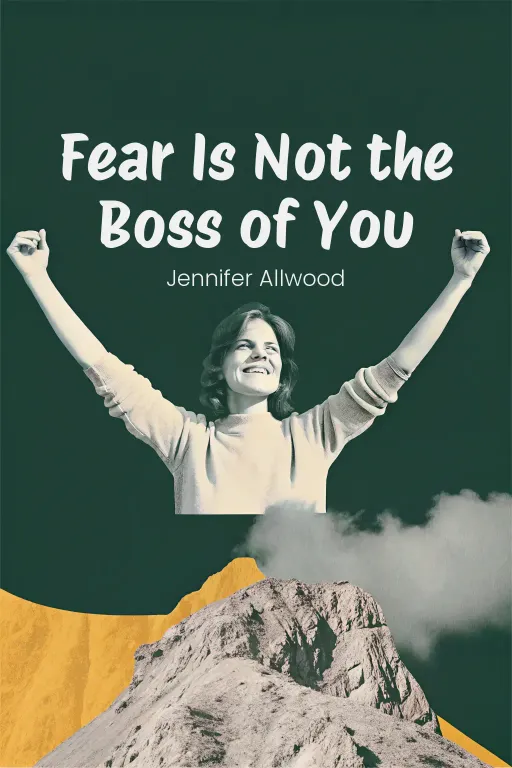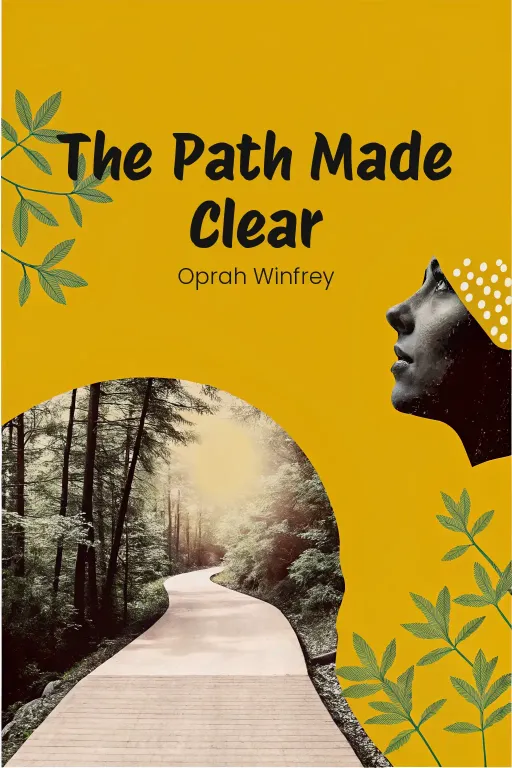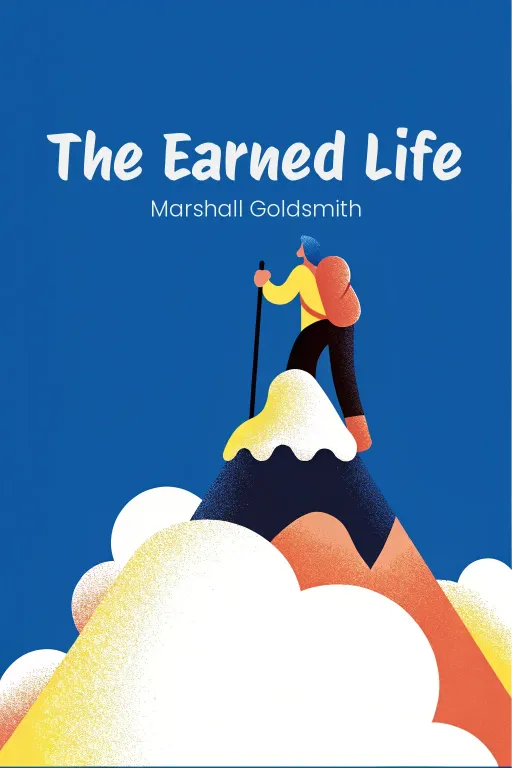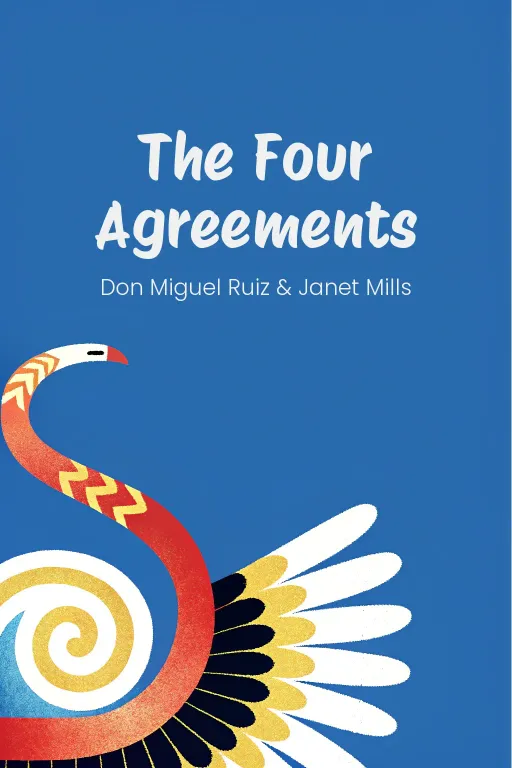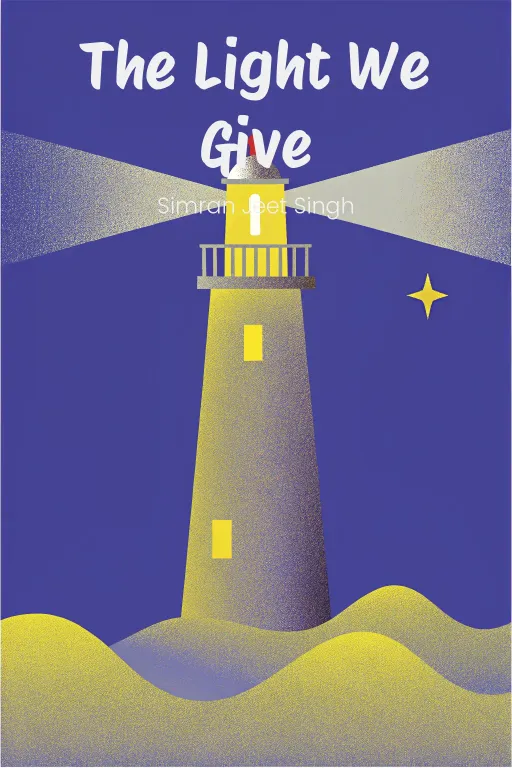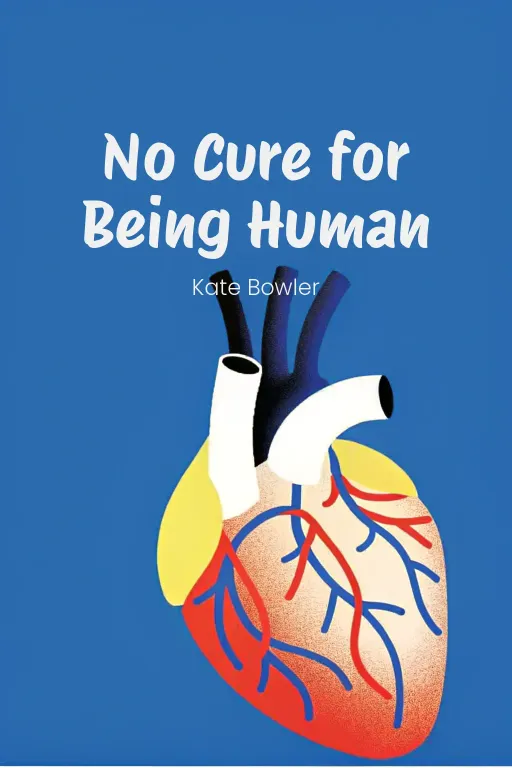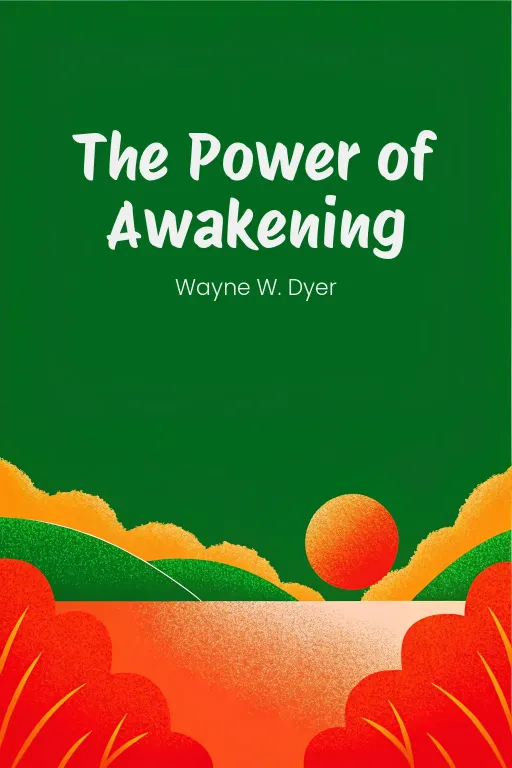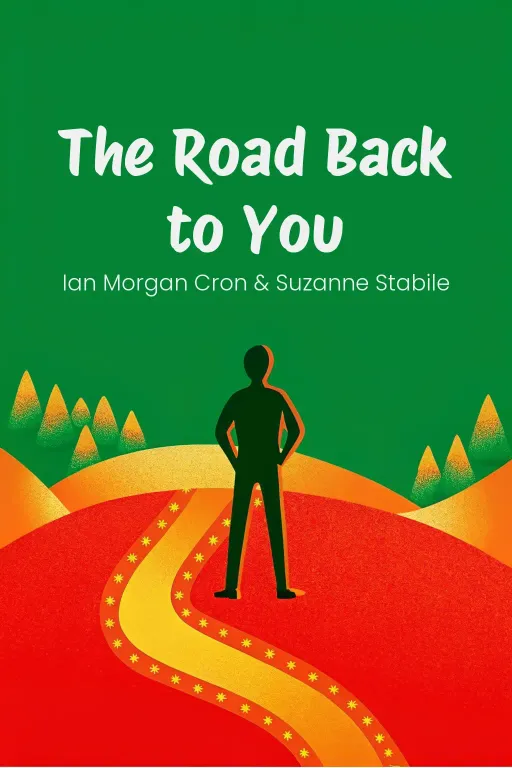
Find Your North: Purpose Decoded
Podcast by Beta You with Alex and Michelle
Discovering Your Life's Direction and Purpose
Find Your North: Purpose Decoded
Part 1
Alex: Hey everyone, welcome! Today we’re talking about something super relatable: finding your purpose. Ever feel like you're not quite where you're supposed to be, or that there’s something more out there for you? Michelle: Or maybe you're just thinking, "Purpose? What purpose?" Because sometimes it feels like we’re just going in circles, right? Alex: Totally! That’s why I wanted to talk about Oprah Winfrey’s “The Path Made Clear”. It's not a guidebook with all the answers, but it shows you how to “really” listen to yourself, embrace the uncomfortable, and trust that you can find your way through the noise. Michelle: Oprah as a life coach, basically. She brings together insights from, you know, all these amazing thinkers and creators, showing how things like challenges, community, and even giving back can help you figure out what “really” makes you tick. Alex: So, we’re going to break down the key ideas in the book into three parts. First, we'll talk about what Oprah calls "the whisper’ – those subtle inner signals that guide us, if we actually pay attention. Michelle: Then, we're diving into courage. Let's be real, chasing your purpose isn’t all sunshine and rainbows. Fear always seems to show up uninvited. Alex: Exactly, and then lastly, we’ll explore intentional living – how our day-to-day choices connect to our purpose, and how they impact our relationships, our service to others, and ultimately, our own fulfillment. Michelle: So, it's not a straightforward path, more like a treasure hunt for meaning. Let’s see what we can learn from Oprah’s map. Shall we?
Discovering and Embracing One's Purpose
Part 2
Alex: Okay, let's dive into where this whole journey really kicks off – self-awareness and tuning into your inner voice. In Oprah's “The Path Made Clear”, this is absolutely the foundation for discovering your purpose. Oprah and Carolyn Myss both talk about how we all have this innate intuition, like an internal compass, right? The problem is, most of us just drown it out with all the noise – societal expectations, other people's opinions, even our own self-doubt. Michelle: Exactly! We're bombarded with opinions on what we should be doing. You hop on social media and suddenly everyone's a guru telling you to quit your job, backpack across the globe and find yourself in a coffee shop. Meanwhile, rent is due, right? But seriously, with all that noise, how do you actually hear that so-called "inner voice" Oprah's talking about? Alex: Great point. I think Carolyn Myss nails it when she describes ignoring that voice, your intuition, as a form of "inner betrayal". Those moments when, deep down, you know you're on the wrong path, but you convince yourself to stay because it feels safer or more acceptable. It's not always easy to spot, but just getting quiet and reflecting is the critical first step. Michelle: “Inner betrayal?” Wow. That's intense. But I get it. It's like ignoring your GPS. You just keep taking wrong turns, insisting on going your route. Then you end up lost and blaming it on the GPS, even though it was trying to help you all along. Alex: Exactly! And Shauna Niequist's story in the book really drives this home. She describes this moment sitting on the beach with her son, and instead of feeling happy, she's just completely overwhelmed —exhausted, disconnected, anxious. That moment of quiet forced her to confront the fact that her life wasn't aligned with how she truly wanted to feel. She'd been ignoring the little whispers for so long that her discomfort finally screamed at her. Michelle: So, life basically just hit pause and was like, "Hey, Shauna, wake up!" Instead of ignoring it, she actually leaned into the discomfort. But I'm curious, what happens when you do hear those whispers, but you don't know what to do with them? What's step two after that "aha" moment of realizing you're misaligned? Alex: That's where courage comes into play. Listening is one thing, but acting on it is another challenge entirely! Fear is a big factor. Iyanla Vanzant's quote from the book captures it perfectly: "It's not the world I'm fighting. I'm fighting that part of me that says, 'You can't do that.'" Michelle: Ah, fear, our trusty frenemy. Is fear really trying to sabotage us, or does it actually have a purpose? Because, let's be real, fear sometimes keeps us from making really dumb decisions, like jumping off a moving train. So, it's not all bad, right? Alex: Good point! Sure, fear can be protective. But more often, it just overreacts and blocks you from growth. Take Joel Osteen, for example. He took over his father's church after his dad passed away, even though he was terrified. He wasn't a public speaker and felt totally unqualified, right? But that fear didn't mean “stop”. It meant, “this matters”. By confronting those internal doubts, he was able to step into it authentically. He didn't try to be his father—he found his own voice, and led in his own way. Michelle: So basically, he made peace with the fear, walked up to the microphone, and said, "Let's do this." That's pretty gutsy. But why does finding your purpose seem to demand that level of vulnerability? Do we have to fight all our internal demons just to figure out what we're meant to do? Alex: Well, vulnerability is definitely part of the process because you're stepping into the unknown, right? And that in itself is scary! But honestly, that's where the magic happens. And once you've embraced that fear, the next step is aligning your actions with your core values, which Gary Zukav calls creating “authentic power”. Michelle: “Authentic power.” I like the sound of that. What does Zukav actually mean by that phrase? Is it just about being true to yourself, or is there something more to it? Alex: Actually, it's both. Authentic power is about making choices from a place of love and intention, rather than acting out of fear or just on impulse. Zukav emphasizes mindfulness, pausing before you react, especially when you're in the middle of an emotional conflict. It's about aligning your actions with your values, even in the small, everyday decisions. Michelle: Give me an example. How does someone actually apply that concept of authenticity to their daily life? It sounds great on paper, but I imagine it's much harder in practice, especially when you're stressed out and already late for work. Alex: True. It's definitely easier said than done. Say you're in an argument with your partner, or you're super frustrated at work. Instead of lashing out or just shutting down, Zukav would suggest pausing for a moment to ask yourself, "What's my purpose in this moment? Does my reaction align with the person I want to be?" Even that small act of self-awareness can shift your energy and bring you back in line with your values. Michelle: Okay, let's bring this back to Oprah. Her Leadership Academy for Girls in South Africa feels like the ultimate example of living your values, right? Alex: Absolutely! Oprah designed that academy around her deep commitment to education, to empowerment, and to creating opportunities for young women. She didn't just dream it up, she actually put in the work to make it happen. And in doing so, she aligned perfectly with her purpose. And the ripple effect, right? Those girls go on to lead empowered lives and inspire others. And that's the heart of purpose. It's not just about you; it's about the impact that you have on others. Michelle: So, discovering your purpose isn't just some selfish, navel-gazing pursuit. It's about creating value for yourself and your community. I can get behind that. Still, I just know that fear is going to pop up like an annoying backseat driver every once in a while. Alex: Of course, it will! But that's the beauty of this journey, right? It's always changing, it's not like some fixed destination. By listening to your inner voice, facing fear with courage, and aligning your actions with your values, purpose becomes less of a mystery and more of just a living experience.
Conclusion
Part 3
Alex: Alright, so, to sum it up, “The Path Made Clear” is basically saying that living a purposeful life isn't about finding some magic map or having an instant makeover. It's more about listening to that little voice inside you, being brave enough to act even when you're scared, and making sure what you do every day lines up with what’s really important to you. Michelle: Yeah, and if this book really hammers home one message, it’s that your purpose isn’t just about making yourself happy– it’s about what you leave behind. What do you give back, and how do you make people feel? That’s the real deal. Alex: Precisely. Oprah and her team make it clear that finding your purpose is both a journey and a daily thing. Every choice you make, every little move, gets you closer to being the real you. Michelle: So, is the big lesson here just: don’t sit around waiting for life to yell your purpose at you? Start by tuning into what grabs your attention, what excites you, and then just take a step, even if it feels a bit daunting? Alex: Totally! And like Oprah says, "The best thing you can do for yourself is give yourself time – time to listen, learn, and just be still." Maybe today’s a good day for all of us to hit pause and ask: What's one thing I can do today to move in the right direction? Michelle: Hmm, now that's something I will be pondering over.
